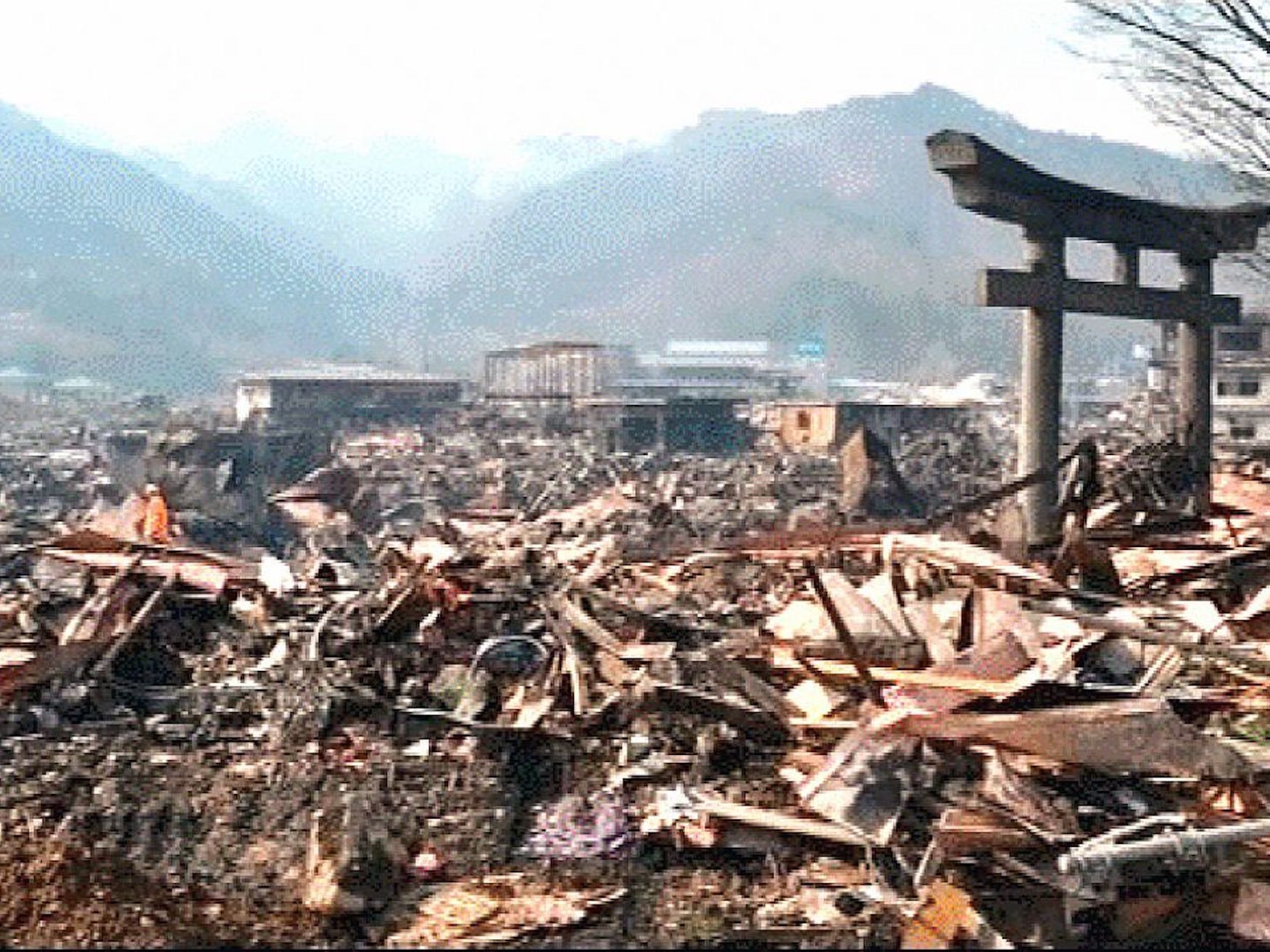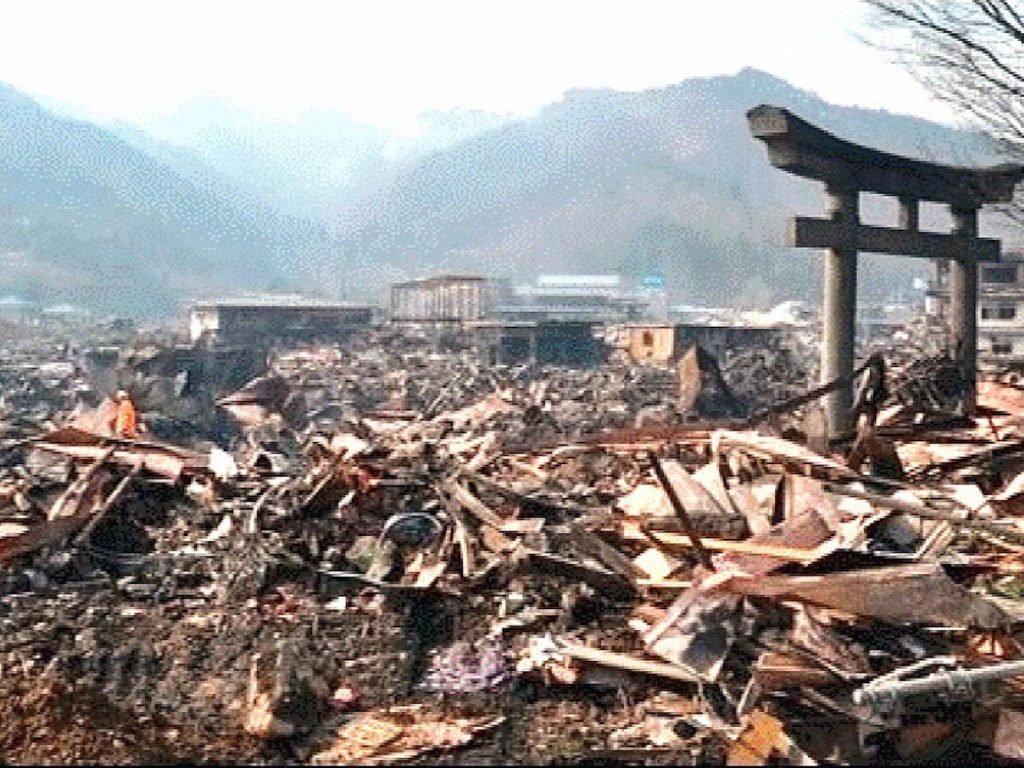
Galerie Bilderwelt/Getty Images
- International Olympics Committee president visited the Japanese city Hiroshima on Thursday.
- Hiroshima is where the US dropped the first of two atomic bombs that ended World War II.
- The city is now considered sacred ground and many citizens don't approve of Bach's visit.
- Visit Insider's homepage for more stories.
The International Olympics Committee (IOC) president Thomas Bach visited the Japanese city of Hiroshima on Thursday, sparking backlash from many Japanese citizens.
Hiroshima is the site where the US dropped the first of two Atomic bombs that ended World War II in May 1945. Over 140,000 Japanese people died in the bombing, and the city is now considered sacred ground for the country.
A group of 11 anti-Olympic and pacifists groups sent a letter to the Hiroshima local government earlier this week opposing Bach's visit. An online petition opposing the visit garnered 70,000 signatures.
"President Bach using the image of 'a a peaceful world without nuclear weapons' only to justify holding of the Olympics by force under the pandemic is a blasphemy to atomic bombing survivors," the letter read. "An act like this does nothing but do harm to the global nuclear weapons ban movement."
But Bach still went, and he was accompanied by the president of the Tokyo Olympic organizing committee, Seiko Hashimoto. When Bach arrived, he laid a wreath in front of the Peace Memorial Park cenotaph, which memorializes the 140,000 who died in the explosion.
Bach's visit was not greeted kindly by the Hiroshima locals.
While Bach was observing a minute of silence in front of the cenotaph, dozens of protesters heckled him in the background, according to the Associated Press.
Dozens of protesters at the site held signs that read "Cancel The Olympics" and "No Bach."
"You should understand you are not welcome here," a protester said into a microphone at the site.
Bach's and the IOC's presence in Japan had sparked a backlash from the people of Japan dating back to April when citizens began protesting the Olympics being held in their country during the ongoing COVID-19 pandemic.
Citizens have held regular protests in the streets of Tokyo and other cities, and One woman even shot a water gun at the Olympic torch while it was passing through her neighborhood earlier this month.
The country has been under a state of emergency since April, and it's scheduled to run throughout the Olympics until August 22.
Tokyo saw 1,271 new COVID-19 cases on Friday, and new cases on Thursday were reported at 1,308, which was the highest single-day total in six months.
The surging cases will even have a strong effect on how the games will look. The IOC is barring all spectators from attending the events, and Olympians will have to put on their medals during the ceremonies to ensure social distancing between athletes and officials.
